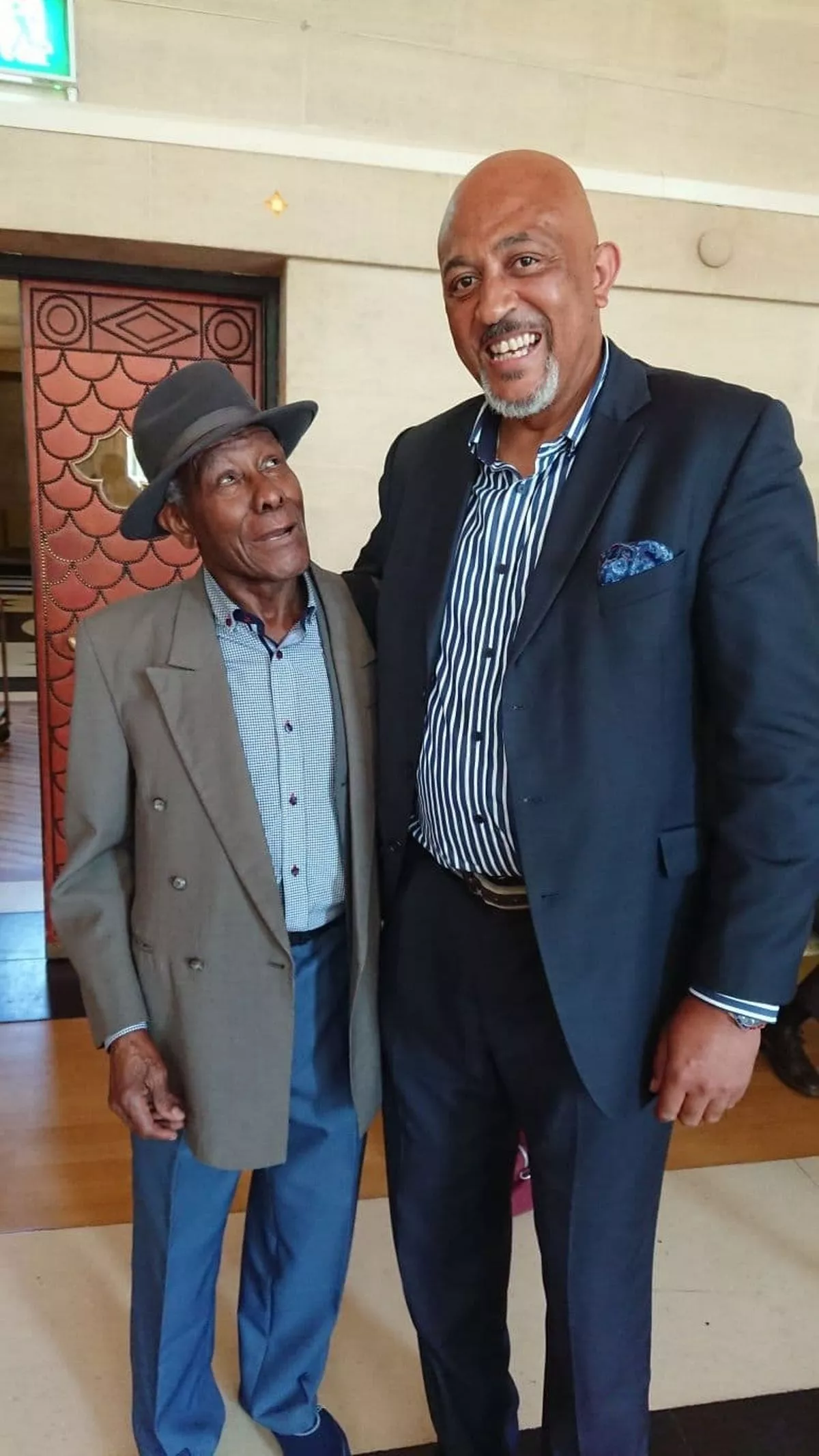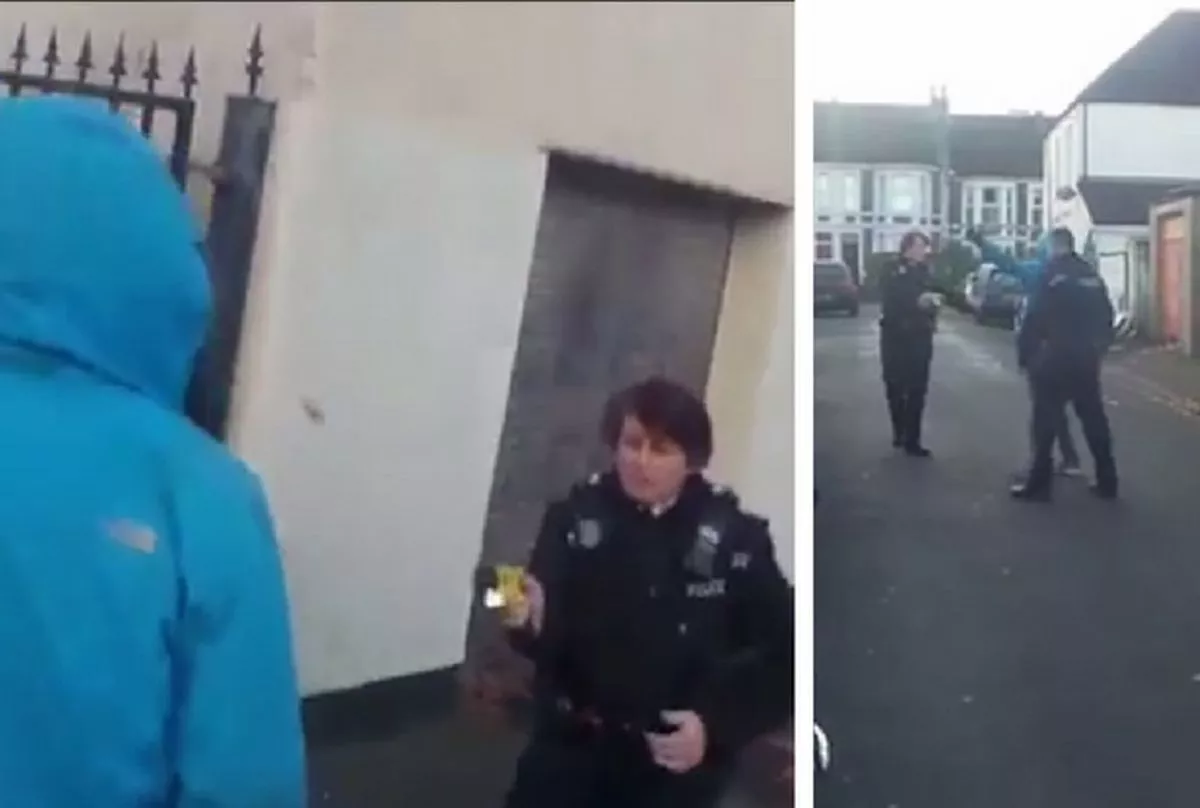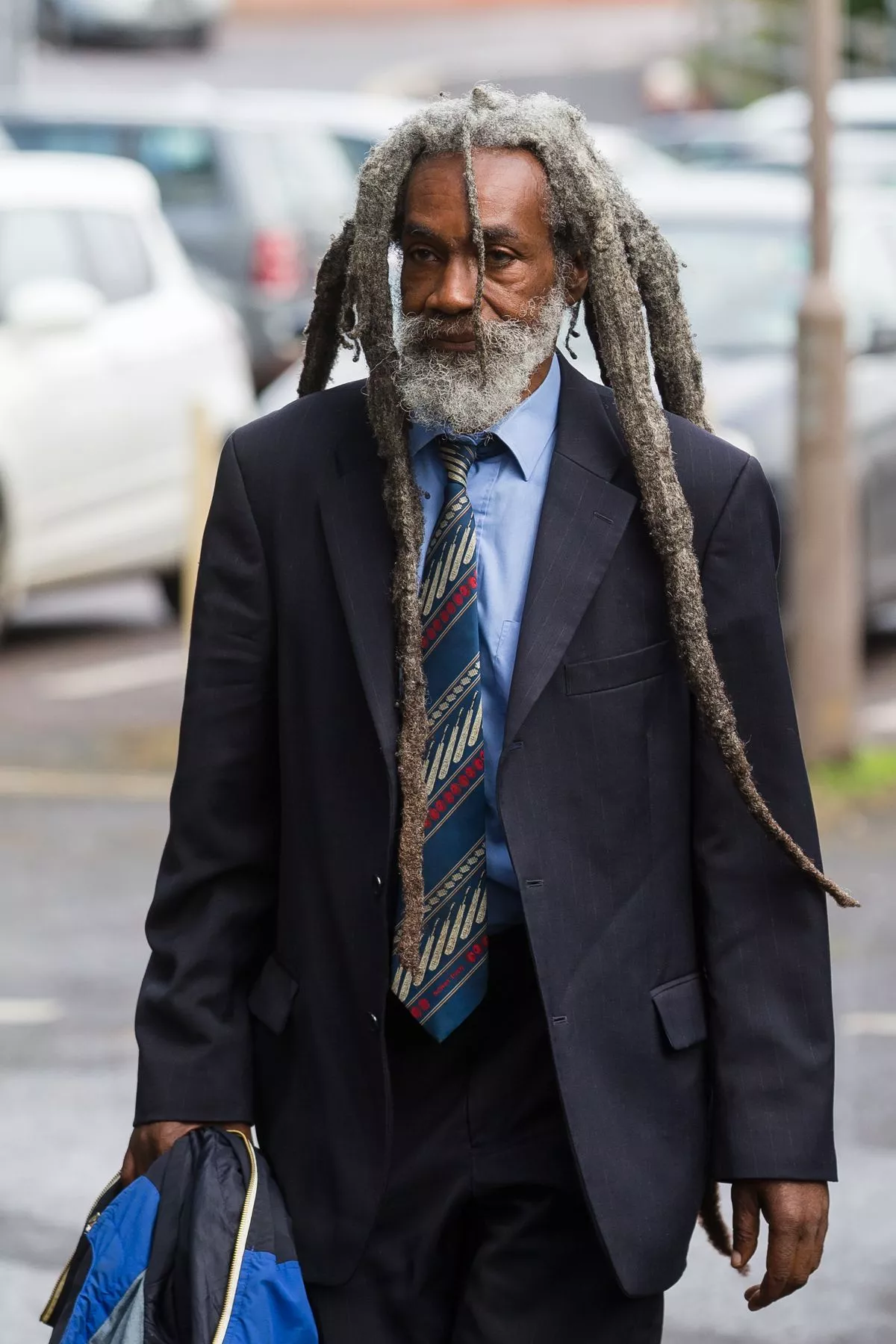April 19th: Today’s Feature
- webbworks333
- Apr 18, 2025
- 4 min read
April
Desmond Brown & Justice for Judah - Bristol
Desmond Brown, a well-known figure in Bristol, has, since 2018, taken on the role of Independent Chair for the Lammy Review Group alongside Police and Crime Commissioner Sue Mountstevens.

With his background as the former chair of Bristol’s Commission for Race Equality, Desmond Brown was made responsible for providing strategic guidance and coordination among various partner agencies in Avon and Somerset to address racial bias within the criminal justice system.
The 49-year-old resident of East Bristol leads the group, which includes key stakeholders such as Avon and Somerset Police, Bristol City Council, and Her Majesty’s Courts and Tribunal Service, in implementing reforms to tackle racial disparity in the region's criminal justice service.
Brown's primary role is to ensure that these agencies remain accountable and effectively carry out the tasks outlined in response to the influential Lammy Review, aimed at promoting fairness and equality within the criminal justice system.
In 2017, David Lammy conducted an independent evaluation of the treatment and outcomes of individuals from Black, Asian, and Minority Ethnic (BAME) backgrounds within the criminal justice service. As a result of his review, he put forth a series of recommendations aimed at addressing racial bias within the entire criminal justice system.
These recommendations specifically targeted areas such as stop and search practices, arrest rates, sentencing disparities, and representation within both the police force and prison service. Notably, Lammy emphasized the significance of focusing on young people, particularly in relation to youth and knife crime. He highlighted the alarming statistic that young black individuals are now nine times more likely to be in youth custody compared to their white counterparts.
Lammy expressed his expectation for the youth justice system to prioritize this issue, but instead, he observed a lack of concern for racial issues within significant portions of the system. In response to the review, Bristol became the only city outside of London to establish a Lammy Review Group, dedicated to implementing these recommendations and addressing racial disparities within their local criminal justice system.
Desmond emphasised the importance of taking action within the Avon and Somerset police area, stating that the data collected over the past 30 years is sufficient and there is no need for further reviews. He acknowledged the presence of racism within the criminal justice system, which is a reflection of wider society, and considers it undeniable and indisputable. Desmond's primary role is to ensure that the recommendations and actions put forth are implemented.

One significant aspect of his role is to build trust within the BAME community towards the police, legal, and prison services. He highlights the lack of trust that black men generally have towards the police and solicitors, viewing them as agents of oppression within the system.
Desmond points out that despite concessions offered for pleading guilty, black individuals rarely take advantage of them, resulting in higher sentences. He quotes David Lammy, who explains that a simple "no comment" during a police interview can ultimately lead to a prison sentence in the crown court. Desmond believes that this needs to change.
He hopes that this group can achieve significant progress and remains optimistic. His ultimate goal is for the criminal justice system to be perceived as a vital part of the community rather than an adversary. Desmond expressed his honour in being appointed and looking forward to collaborating with colleagues to address disproportionality in these services and bring about real change.
The team will also address concerns related to the reporting of criminal activities, particularly noting the historically lower rates of reporting within minority communities.
Desmond emphasised the importance of acknowledging and addressing uncomfortable truths, highlighting the need for courage in tackling these issues head-on. Building trust within the community is crucial, and this can only be achieved through fostering genuine understanding and cultural competence.
The Justice for Judah Taser incident in 2018 was described as deeply hurtful, but the focus is on moving forward together as a united front.
Police Chief expressed the need to overcome challenges and work together towards a better future, while Police and Crime Commissioner Sue Mountstevens welcomed Desmond's appointment as the Independent Chair for the Lammy Review Group, expressing confidence in his ability to bring valuable insights and perspectives to the role.
A representative from the police commissioner's oversight committee expressed concerns about the lack of security and consent felt by black individuals in Bristol due to what is described as a 'structurally racist' approach by Avon and Somerset's police force, particularly highlighted by the recent taser incident involving PC Claire Boddie.
The incident in question involved PC Boddie using a taser on Mr. Adunbi, a black community elder, in the face during a stop near his residence in Easton back in January 2018.
The 'not guilty' verdict in PC Boddie's case has raised further questions about the treatment of black individuals by law enforcement in Bristol and has sparked discussions about the need for systemic changes within the police force to address issues of racism and discrimination.
Sue Mountstevens expressed her concern about the prevailing injustices in our society, acknowledging that there are numerous inequalities that persist within our criminal justice services. She emphasised her eagerness to collaborate with Desmond and the broader Lammy Review Group in order to actively pursue effective solutions and genuinely tackle the issue of racial bias within our criminal justice system.
This incident has brought to light and prompted additional inquiries into the manner in which black individuals continue to be treated by law enforcement in Bristol, and other UK cities, igniting conversations regarding the imperative need for structural reforms within the police department to combat racism and prejudice. Despite any advancements that may be achieved, this remains an ongoing endeavour, and it is crucial for communities to have advocates such as Desmond Brown who are willing to champion unity and solidarity within the community.























